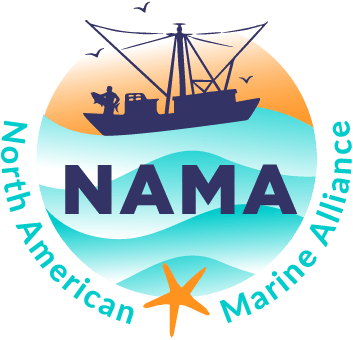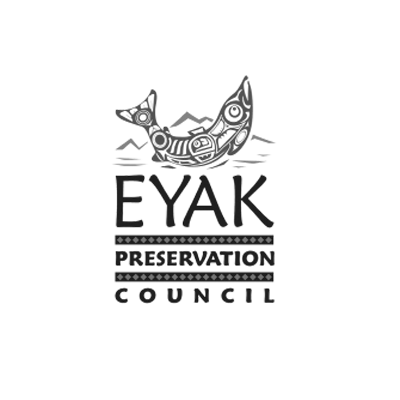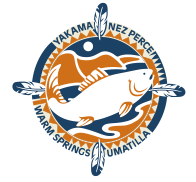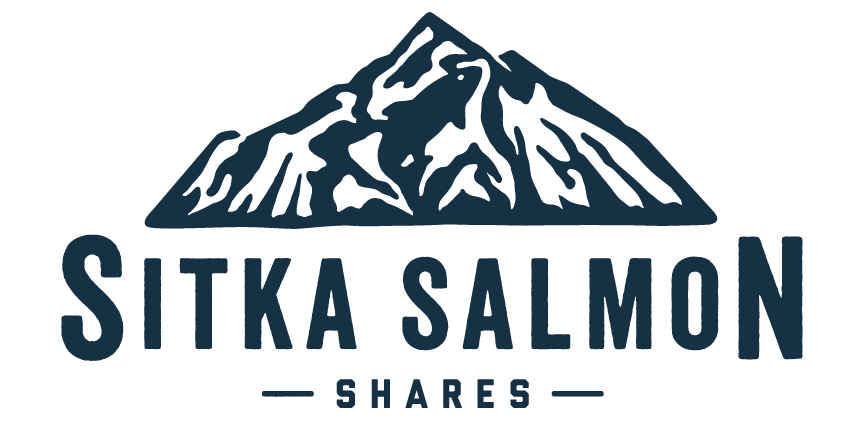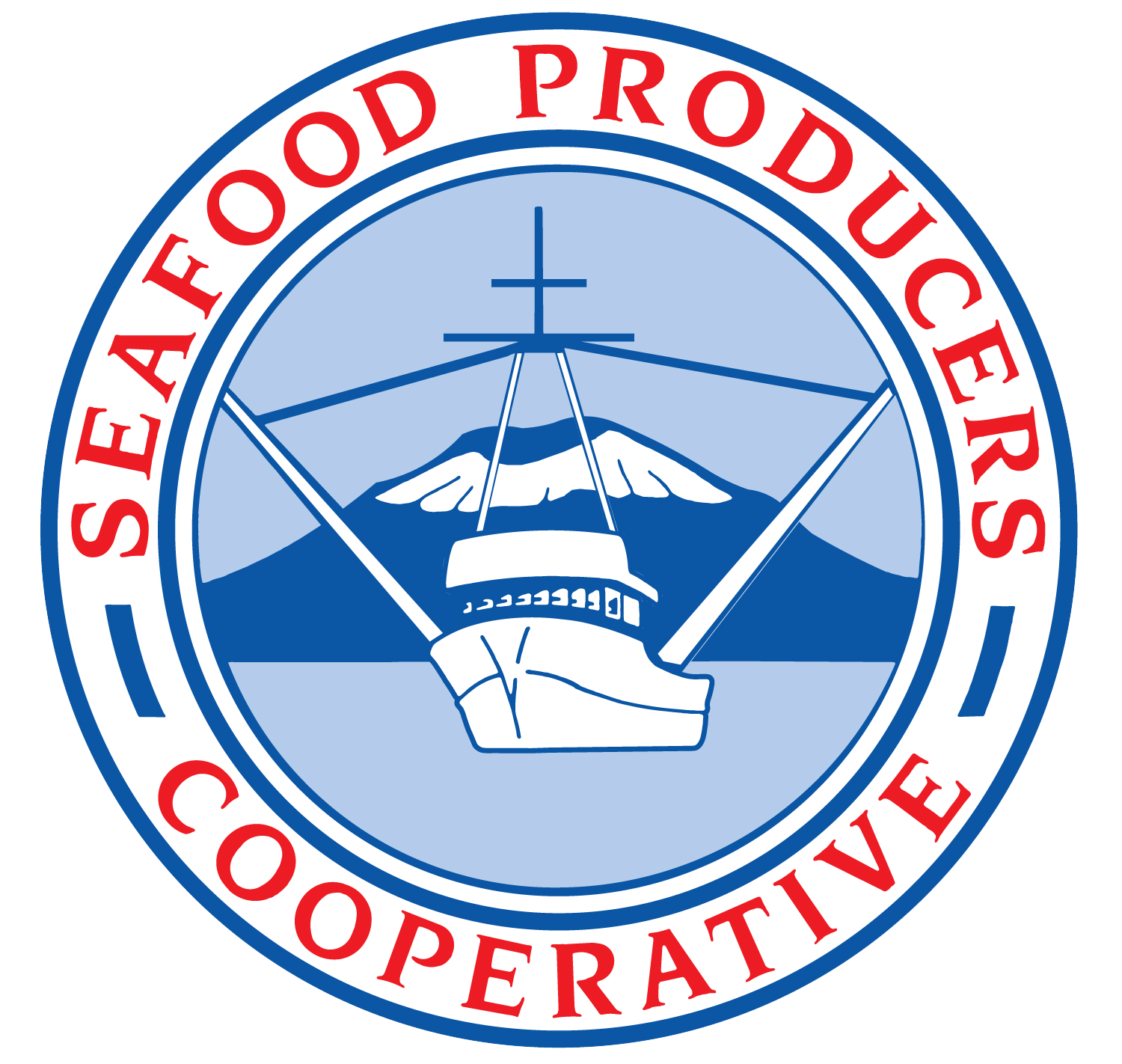Block Corporate Salmon
NAMA actively supports Indigenous led solutions to the Salmon crisis through the campaign to Block Corporate Salmon. Led by Black, Indigenous, and people of color from all across the country this campaign is dedicated to stopping the release of Genetically Engineered (GE) Salmon into the US and world markets. The campaign's priorities are aligned with Native leadership working towards Wild Salmon habitat restoration and collaborates with Salmon People, Tribal fishers, and organizations like Community Alliance for Global Justice, Center for Food Safety, and Friends of the Earth which have been fighting AquaBounty's Genetically Engineered Salmon since it was first proposed.
Share this Post
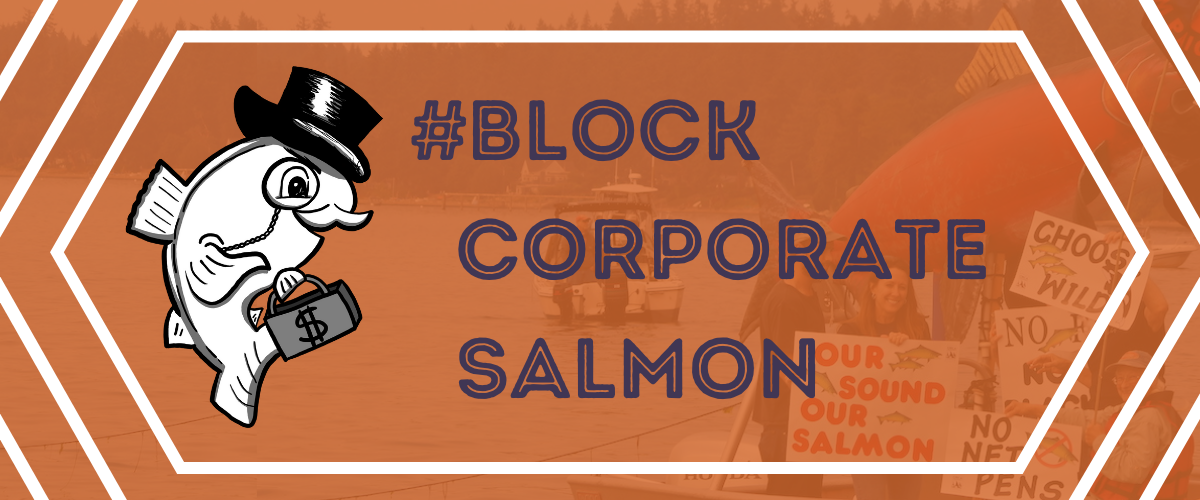
Biotech giant AquaBounty Technologies has been growing its genetically engineered (GE) species in massive, land-based pens – and attempting to sell them to several buyers, including restaurants, in the Midwest and on the East Coast. The company, which calls its species “sustainable” and “responsibly raised,” says its salmon grows twice as fast as conventional salmon.
But GE salmon is neither sustainable nor responsible, and here’s why:
There’s clear evidence that our joint campaign is working!
After a digital #blockcorporatesalmon campaign, global food giant Aramark has pledged not to buy GE salmon, joining Sodexo, Compass, Trader Joe’s, and more corporate buyers in this pledge.
NAMA’s Involvement
As a member of the Block Corporate Salmon campaign, NAMA’s directly aligned with the campaign’s goals, which include:
- Halting the expansion of industrial fish farming and promoting stronger resistance from fishing communities and the public
- Ensuring federal and state agencies place restrictions on industrial fish farming and GE fish.
- Preventing GE animals from entering the ecosystem and the marketplace.
- Building connectivity between Land Justice and Water Justice movements.
- Supporting Indigenous fishers and Salmon People in the restoration and protection of wild salmon by following the lead of the Salmon Protectors
- Connecting and amplifying related the Advancing the Quality and Understanding of American Aquaculture (AQUAA) Act organizing efforts
Ways to Take Action
Get involved! Here’s what you can do:
- Sign the petition!
- Post on social media - Oppose GE salmon! Be sure to tag @aquabounty and East Coast seafood distributor @samuelsseafood and call them out.
- Here’s a social media toolkit with tips on who to hit up and what to say!
- Chefs, take the pledge to not use GE salmon.
- Use the Local Catch Network’s seafood finder to find sustainable salmon near you.
- Follow @BlockCorporateSalmon on Instagram
- And spread the word about what could happen if GE animals make it to our dinner plates.
Support Our Allies
Indigenous-led seafood and salmon sources
Support Our Community
Other community-based salmon sources:
